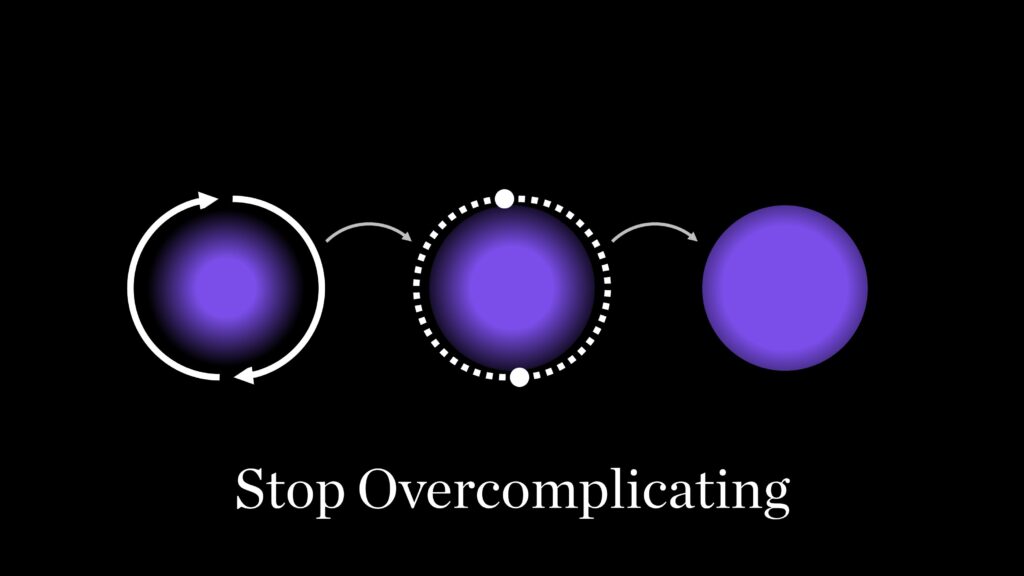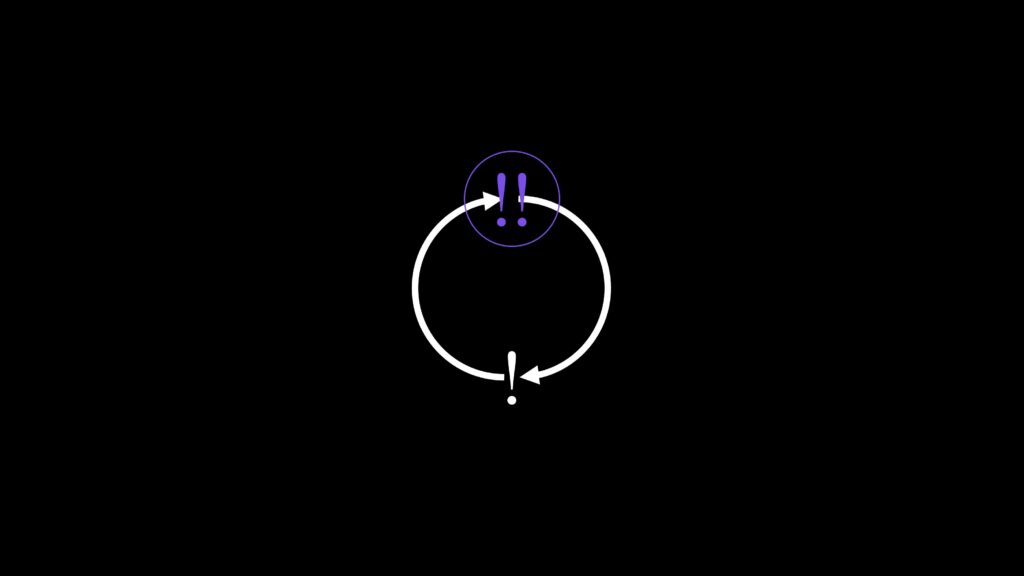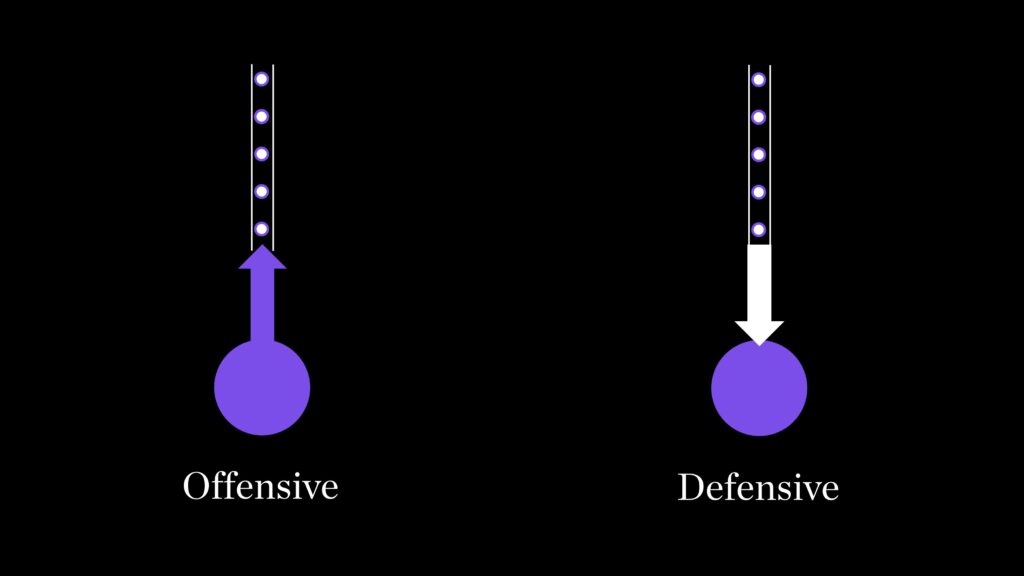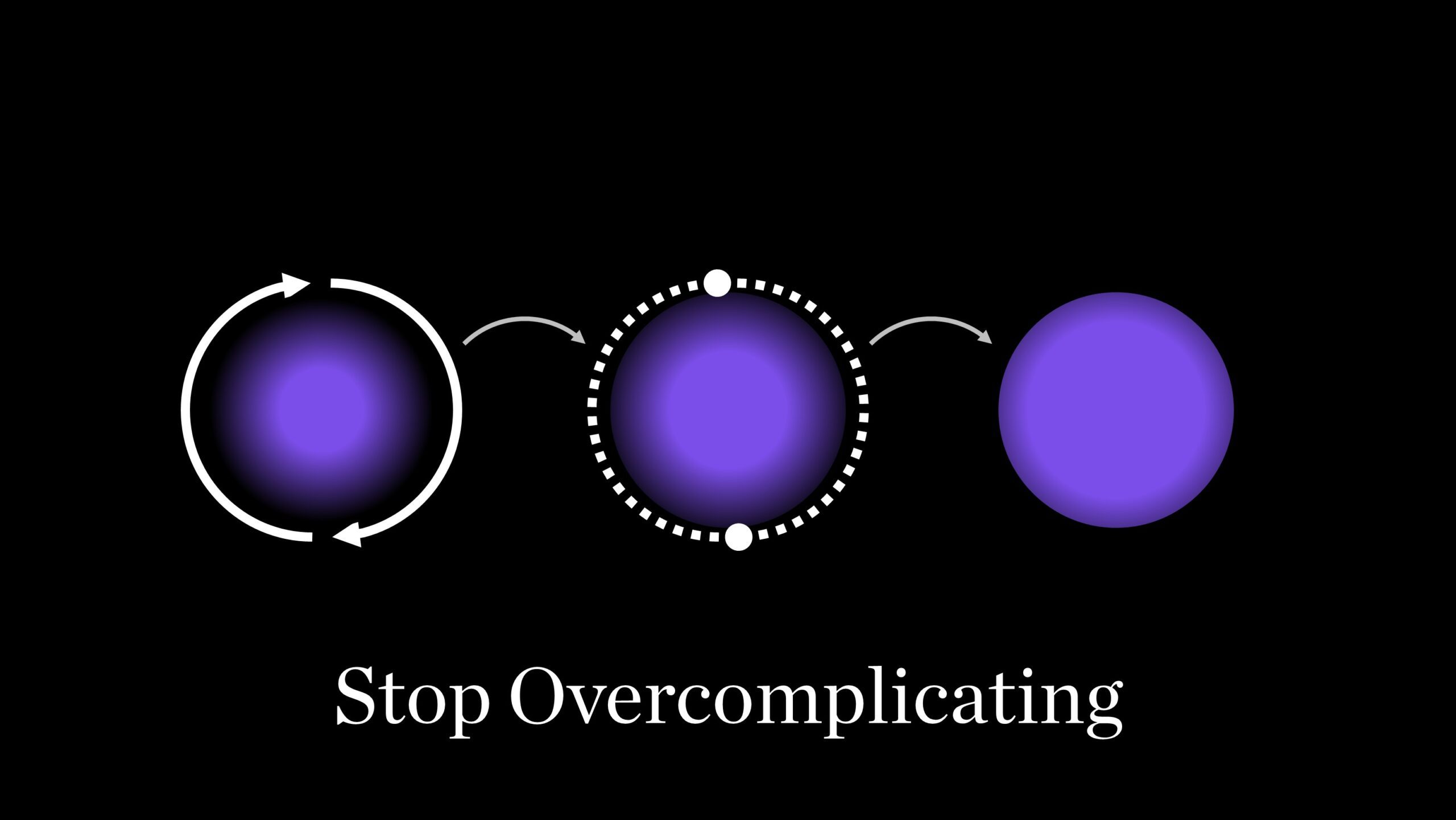Article last updated on September 8, 2022
Do you find yourself overthinking everything? Are you constantly trying to figure out how to stop overcomplicating things?
When you get overwhelmed, do you go online and spend hours researching for a solution?
In most cases, when you try to solve problems with technology instead of using common sense, you end up making things worse. In fact, most of us overthink things because we’ve never learned how to stop thinking.

If you want to learn how to stop overcomplicating things, then read this article. It will teach you how to simplify complex problems and make decisions based on logic rather than emotion.
If we don’t understand what’s going on inside us, it makes it impossible to know how to change the situation or even how to deal with it appropriately.
Emotions can cloud our judgment.
So if you want to be able to think clearly, understand and apply the following eleven simple ways to stop overcomplicating your life.
Take a View From a Balcony

Whenever I find myself getting too caught up in the details of something, I take a step back and look at it from a different perspective.
I call this “taking a view from a balcony.” When you’re looking down at your problem from above, you can see all the pieces that are involved. You can also see the big picture. This helps you focus on what’s really important.
For example, if you have a complicated project or relationship, you might be tempted to start by focusing on one small detail. But if you take a view from a balcony, you’ll realize that there is no single piece that makes the whole thing work. Instead, there are many smaller parts that need to come together to create a successful outcome.
This way of thinking has helped me tremendously when I’m working on projects or relationships.
By asking myself a simple question: What is going on around me and not inside me? I can often quickly identify the real issue.
The answer to this question will help you resolve unnecessary complexity.
Care About People but Don’t Care About Their Opinions
It’s easy to get caught up in other people’s opinions. We tend to worry about what others think about our actions.

But if you truly care about someone else, you won’t let their opinion affect you. You’ll act as you would regardless of whether they approve or disapprove.
If you obsess over other people’s opinions, you will always feel like you’re doing something wrong. And you’ll never feel good about yourself.
Overcomplicating and caring about what other people think only leads to more stress because it clouds your judgement, which will prevent you from taking action.
So remember, when you care about people, you should care about them without caring what they think.
Turn Negatives Into Positives

When you spend time with people, you will notice that everyone has some negative qualities.
But you will notice that some of them manage to turn these negatives into positive traits.
For example, you may notice that some people are very critical of themselves. They criticize themselves for being overweight, lazy, stupid, etc.
However, despite having these negative qualities, they still manage to achieve great success. So why do they do this? Because they know that if they don’t change their behavior, they will fail.
They understand that if they continue to behave negatively, they will eventually lose everything.
So they decide to change their behavior. They choose to become better versions of themselves.
This relates to overcomplication.
Your job is to turn overcomplicated into oversimplified. Meaning, instead of trying to make things perfect, just simplify them.
You want to stop worrying about how things could be done differently. Instead, you want to focus on making sure that you are just getting it right now.
Focus on the Present Moment

Whenever you are overcomplicating things, you are usually focused on the future. Instead, try to focus on the present moment.
We were taught to plan for the future. We were told that planning was necessary to succeed. It is, but we also need to learn to live in the present moment.
Because the past is gone and the future hasn’t happened yet. The only thing that exists at any given point in time is the present.
So whenever you find yourself overthinking the future, ask yourself: “What am I doing right now?”
Instead of thinking about what you will do next week, ask yourself: “Am I happy right now?”
If you are not happy, then you have an opportunity to improve. You have an opportunity to see where you can make changes.
Ask the Right Questions
Another way to stop overcomplicating things is by asking the right questions. The best question to ask yourself is: “Why am I overcomplicating this situation?”
There are many reasons why we overcomplicate things.
For example, we might be afraid of failure. Or maybe we are afraid of looking bad.
Or perhaps we are afraid of losing face. Whatever the reason, there is a good chance that you are overcomplicating something because you are afraid of failing or looking bad.
When you start asking yourself these types of questions, you will realize that you are overcomplicated because you are scared.
It is okay to be scared. But you shouldn’t let fear dictate your life.

So take control of your life. Take control of your thoughts. Ask yourself the right questions. And when you do, you will no longer be overcomplicating things.
Stop Feeling Sorry for Yourself
People who feel sorry for themselves don’t accomplish anything.
They often end up accomplishing less than those who aren’t as concerned with self-pity.
One of the most important things you can do to be successful and stop making things harder than they need to be is to stop feeling sorry for yourself.
Think about it. If you are constantly feeling sorry for yourself, you won’t be able to move forward.
You’ll never be motivated to do anything.
But if you overcome feelings of pity for yourself, you will be able to accomplish more, have insightful conversations, and develop meaningful relationships.
And you will be able to eliminate self-created overcomplications from your life.
Everybody has Baggage

The term “baggage” refers to anything we are carrying around with us that doesn’t make us happy.
We often carry our baggage into relationships because it feels safer than letting go of what we don’t like about ourselves. But when we do that, we’re actually hurting ourselves.
Our baggage is holding us back. It’s keeping us stuck. It’s preventing us from being free.
Whenever you feel like you are carrying too much baggage, ask yourself: “Is there anything I’m carrying around that isn’t serving me? Is there anything I’m carrying that I could let go of? “
Then, look inside yourself and figure out how you can get rid of whatever it is that is causing you pain. Because once you’ve done that, you’ll be able to get rid of all your baggage.
This baggage will add unnecessary complications to your life.
It will prevent you from moving forward. It will keep you from having meaningful conversations. So whenever you find yourself carrying too much baggage, remember that you need to let it go.
Letting go of baggage is one of the easiest ways to stop overcomplicating your life.
There’s No Perfection
If you want to stop overcomplicating things in your life, then you must learn to accept imperfection.
Because perfectionism is the single biggest cause of overcomplication. Perfectionists think they should be doing everything perfectly. They believe that they should always be making progress.
But the truth is that nobody is perfect. Nobody does everything perfectly. Nobody ever gets everything right.
Confident people know this. They understand that perfection is impossible. And they embrace their imperfections. When you embrace your imperfections, you will become a lot happier.
You’ll be able to enjoy life more. And you’ll be able to eliminate overcomplications from your mind.
Don’t Waste Time Changing People
You know what I mean by changing people… This relates to overcomplication because many times we try to change other people so that we can feel better about ourselves.
But the truth of the matter is that no one else can make you feel good about yourself. Only you can do that.
So instead of trying to change others, focus on improving yourself. That way, you’ll be able to help them improve themselves.

That’s why I encourage you to spend time working on yourself.
That way, you’ll be helping everyone around you. And you’ll be helping yourself as well. You can only inspire people to change, not force them to change.
Complicating your life is usually caused by trying to control other people.
And if you want to stop overthinking things, then you have to stop controlling other people. Control your life, break down complex ideas into simple ones, and simplify things.
Then you won’t be overcomplicating things anymore.
Have a Vision of Ideal Self

To help you achieve success in life, you need to have a vision of your ideal self.
In order to create an image of your ideal self, you need to take some time every day to reflect on what you admire about yourself and others.
You probably want to live a bold life. Not being afraid to try new things. Or maybe you want to be kinder to other people.
Whatever it is that you want to change about yourself, write down your vision.
Is your ideal self something that you see yourself as now? What is the ideal self doing or not doing? How would the ideal self act in certain situations?
Think about these questions until you come up with a clear picture of who you want to be.
You see, negative people tend to focus on what they don’t want. Whereas positive people focus on what they do want.
So, if you want to stop overthinking things, you should start focusing on what you actually want.
And the best way to do that is by creating a vision of your ideal self for yourself.
Create Your Own No-Matter-What Principles

Having standards for yourself is important.
Framing in mind what you expect from yourself helps you stay focused on what matters most.
But there are two types of standards: internal and external.
Internal standards are those that you set for yourself based on how you feel inside. For example, you might decide that you’re going to be honest with yourself and others.
External standards are those that you set on yourself regarding how much you want to earn or accomplish.
The problem with having standards is that they often cause us to overthink things. Because when you think about what you should do, you end up thinking about all kinds of details.
Having just a few principles will help you avoid this trap.
If your internal standard is “be honest,” then you’ll probably catch yourself thinking about whether you exaggerate things.
Or if your external standard is “earn $100K per year,” then you’ll probably find yourself thinking: How can I get more clients?
Make sure that you have one principle for each type of standard.
Choosing principles like “Be honest” and “Earn $100K per year.” It will help you keep your focus on what really matters to you right this moment.
You can change your standards at any point in time. But once you’ve chosen your principles, stick to them.
Conclusion
Overthinking things is one of the biggest problems we face today. It’s so easy to get caught up in our own little world. That’s why these 11 ways to stop overthinking things work.
Because when you stop overthinking things, everything else starts to fall into place. You will become happier and healthier.
You make better decisions. And you learn to let go of control.
You stop trying to control other people, start living in the present, and live a more abundant life (financially and emotionally).


